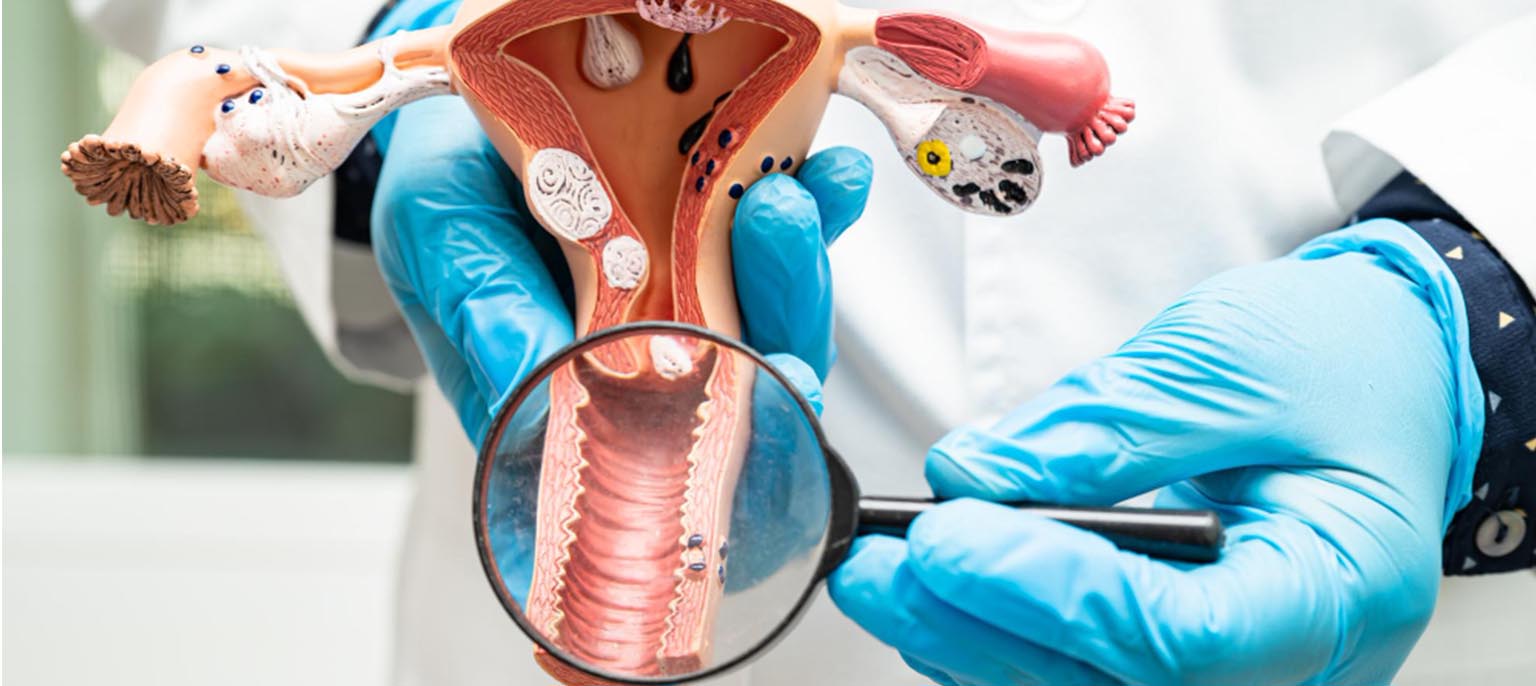Obstetrics

Visit the Best Obstetric Surgery Hospital in Bihar Sharif
An obstetrician is a doctor focusing on caring for patients before, during, and after childbirth. An obstetrician surgeon carries out operations relating to labour and delivery and treating disorders specific to pregnancy. Obstetricians are experts in providing care for patients before conception, during pregnancy, after delivery, and during the first few weeks following delivery. To ensure the health of both you and your unborn child, the obstetrician manages and treats health issues related to pregnancy.
At Sagar Hospital, the leading Obstetric Surgery Hospital in Bihar Sharif, you get the best treatment under the guidance of a professional obstetrician. Irrespective of the high-risk pregnancies, the obstetrician will ensure the pregnant woman gets the best treatment and after-care.
What condition or Obstetrician Treatment in Bihar Sharif Treated?
The primary reason that women visit obstetricians is to get routine prenatal care. The first session usually takes place eight weeks after your last period. Then, throughout your pregnancy, you will visit the doctor around once a month. The obstetrician doctor at Sagar Hospital treats women with high-risk pregnancies. There are different reasons behind high-risk pregnancy; some of these are-
Have a chronic health condition.
- Aged over 35
- Carrying multiple babies
- have a history of miscarriage, preterm labour, or cesarean delivery.
Procedures Performed under Obstetrician Treatment in Bihar Sharif
Obstetricians may undertake different procedures and surgeries. Obstetricians provide the following services in addition to routine check-ups and labour and delivery services:
- Cervical cerclage
- Dilation and curettage
- Cesarean delivery
- Vaginal delivery
- Circumcision
The Role of Obstetrician Surgeon in Bihar Sharif During Labour
At Sagar Hospital, the Obstetrician Surgeon in Bihar Sharif visits you during delivery to assist you in delivery and taking proper care. The obstetrician will handle any issues that arise and some interventions. The obstetrician doctor will typically be present during the birth (or second stage of labour).
Yes. Patients will require lifelong medication post-transplant care. After transplantation, your specialists will prescribe immunosuppressant medications to prevent rejection by the immune system. These medications must be taken consistently and as your healthcare team prescribes.
Immunosuppressive medications are prescribed to prevent the body from rejecting the transplanted kidney. It works by suppressing the body’s immune response and helping it accept the new organ, thereby reducing the risk of organ rejection.
Like any major surgery, kidney transplantation also involves potential risks and complications. These may range from infection, and complications post complications, rejection by the immune system or any side effects from immunosuppressant medications. Besides, patients may also face certain complications like high blood pressure, diabetes or bone thinning. Proper monitoring and following a treatment plan will minimize the risks.
It is necessary to maintain a healthy lifestyle. It depends on how well the patient looks and how soon the patient heals. However, it is imperative to maintain a healthy daily lifestyle. It includes a balanced diet, regular exercise and following the doctor’s regimen as suggested. Patients are recommended to indulge in moderate activities which do not expose them to infections or toxins as it may lead to long-term health issues.
- Pelvic Exam: During a pelvic exam, the doctor notices that your uterus turned thicker, softer, or itchy to the touch.
- Transvaginal ultrasounds: By using sound waves, transvaginal ultrasounds can produce images of your pelvic organs. These images could occasionally show thickening of the uterine wall.
- MRI: Using magnetic resonance imaging (MRI) scans, your uterus's growth and thickness can be identified.
- Biopsy: Your doctor might do a biopsy to rule out more serious conditions. During a biopsy, your doctor removes tissue and examines it for signs of more serious illnesses.
This is the heading
Lorem ipsum dolor sit amet, consectetur adipiscing elit. Ut elit tellus, luctus nec ullamcorper mattis, pulvinar dapibus leo.